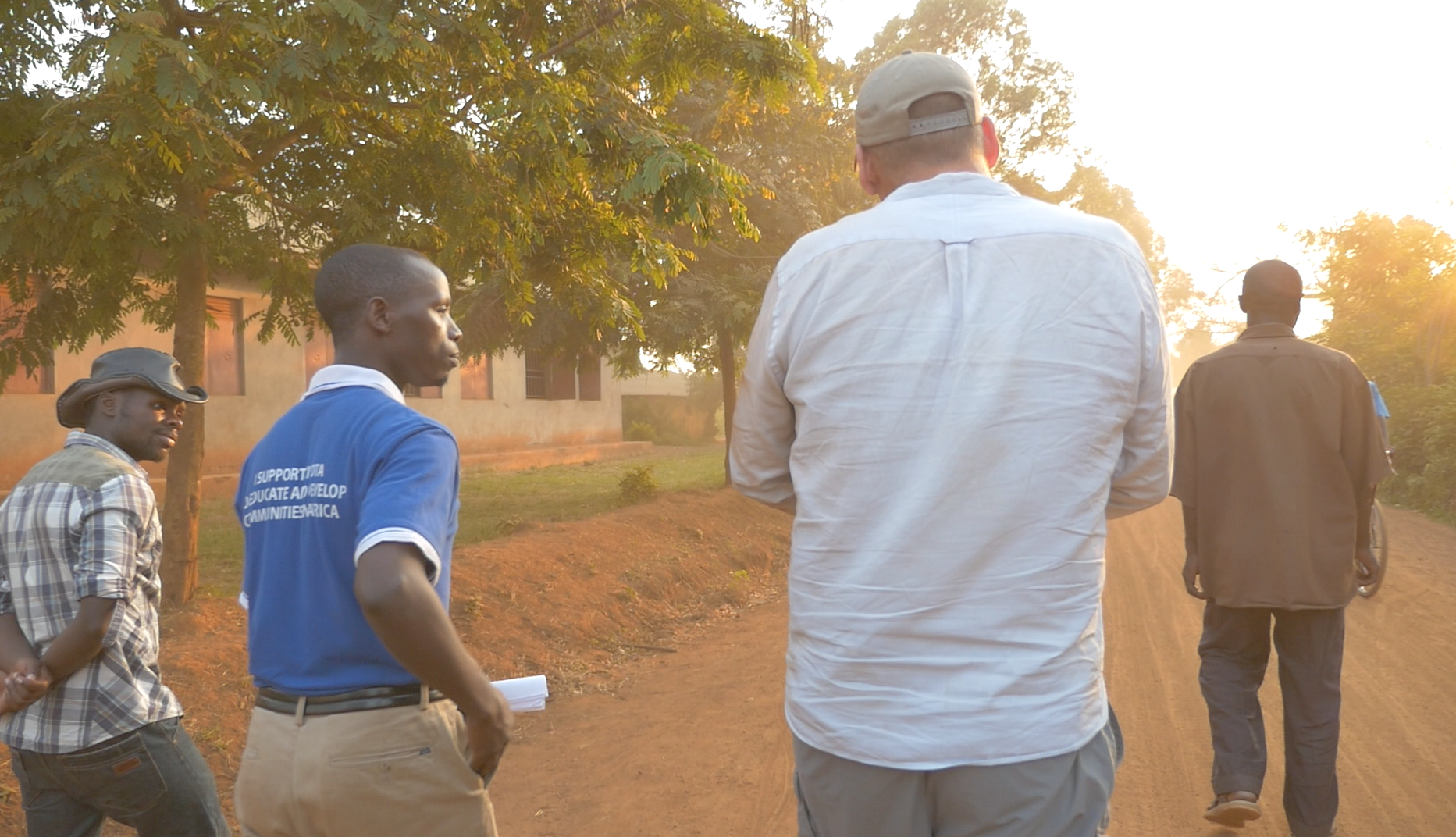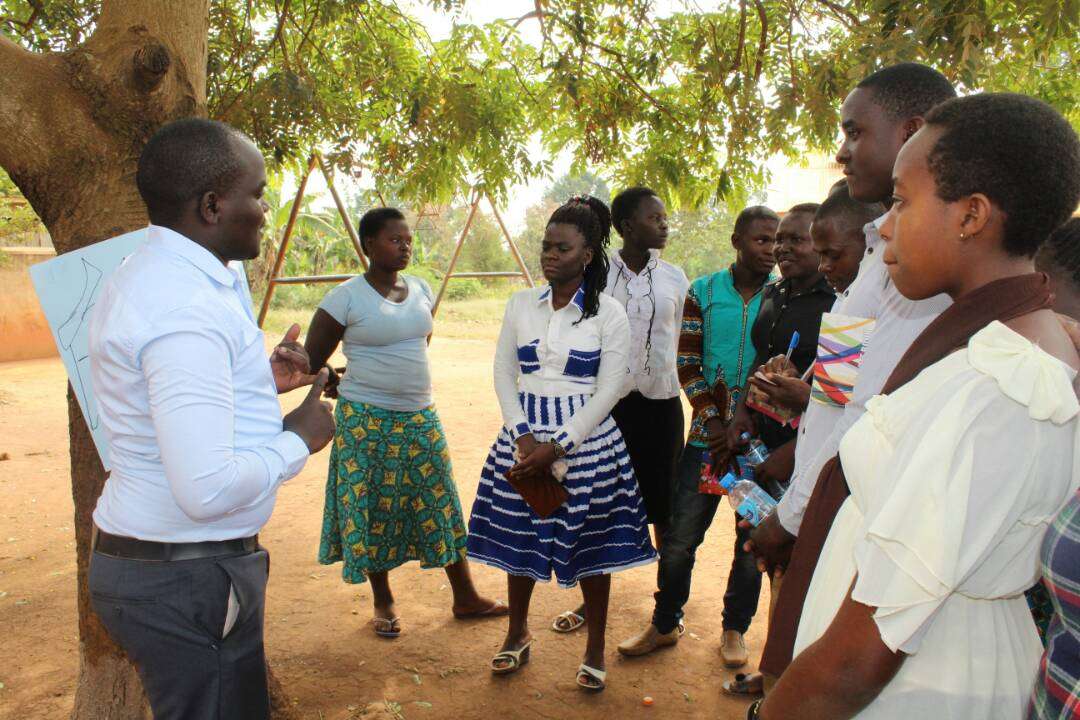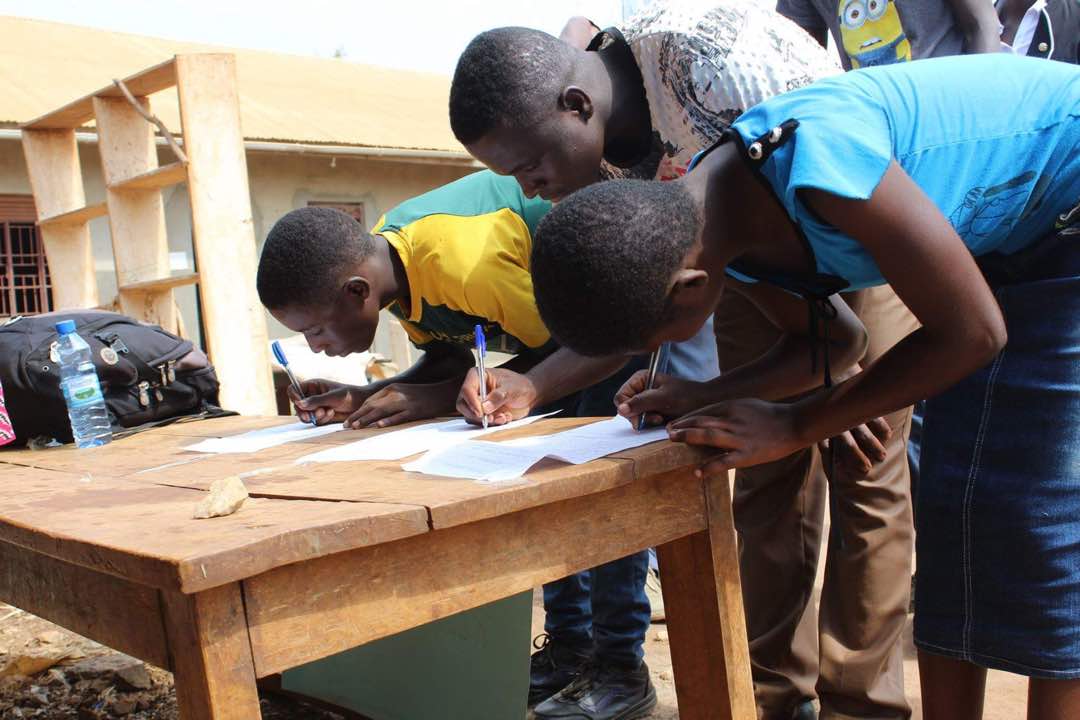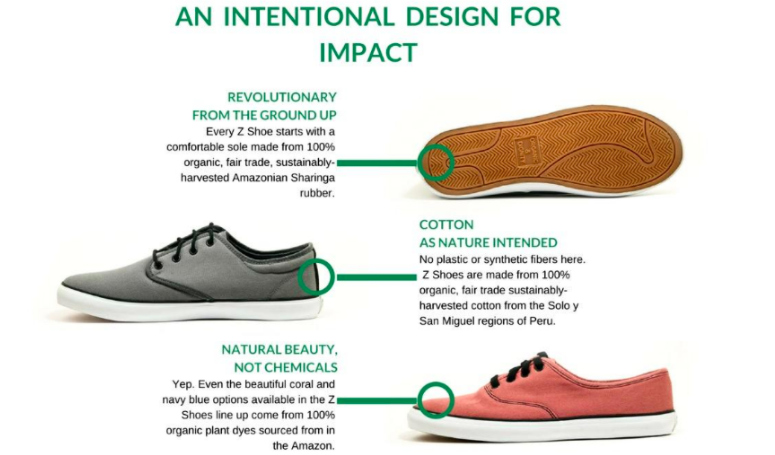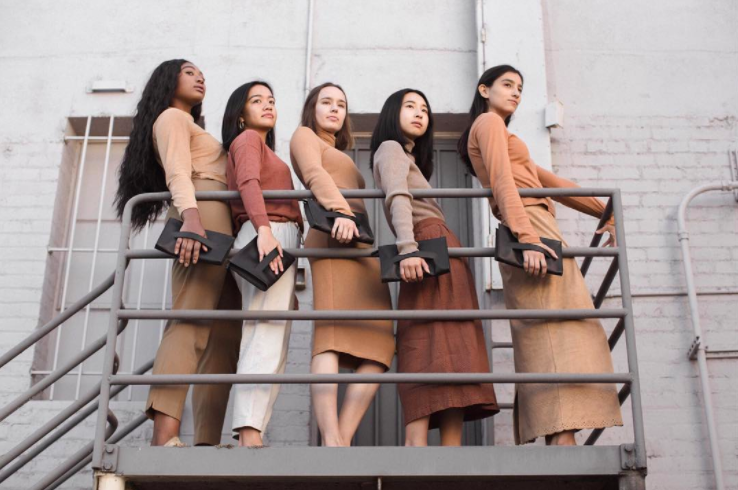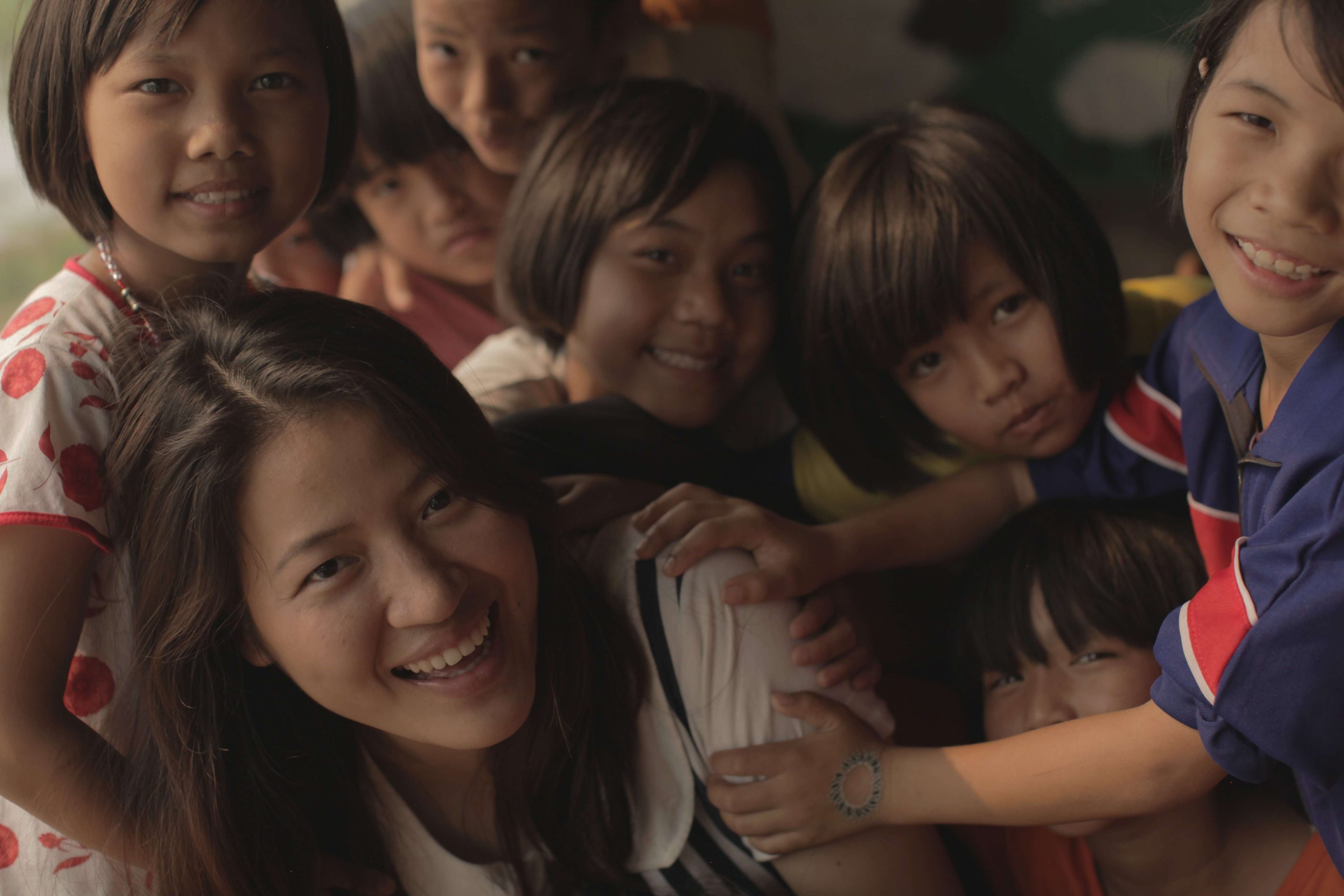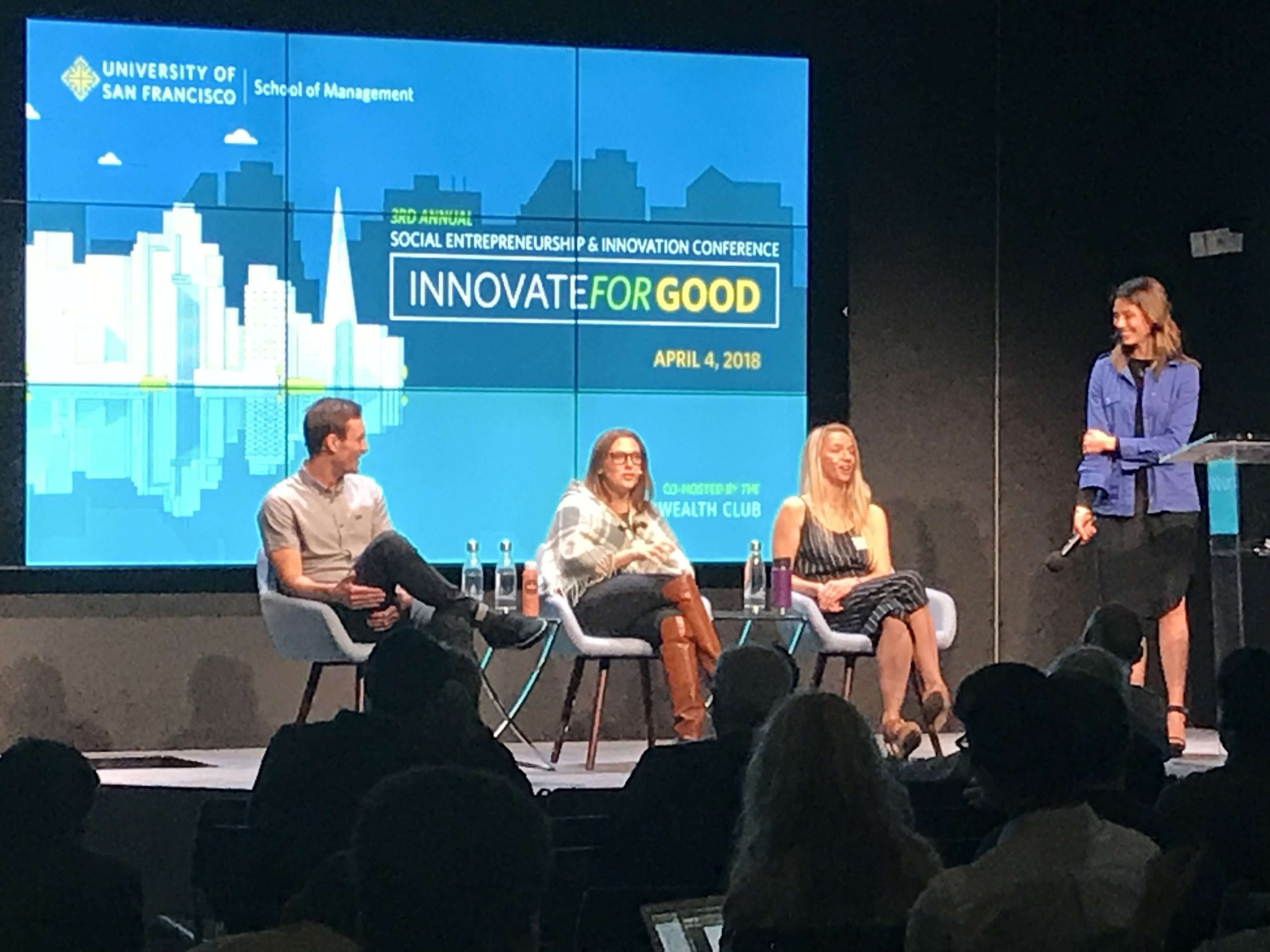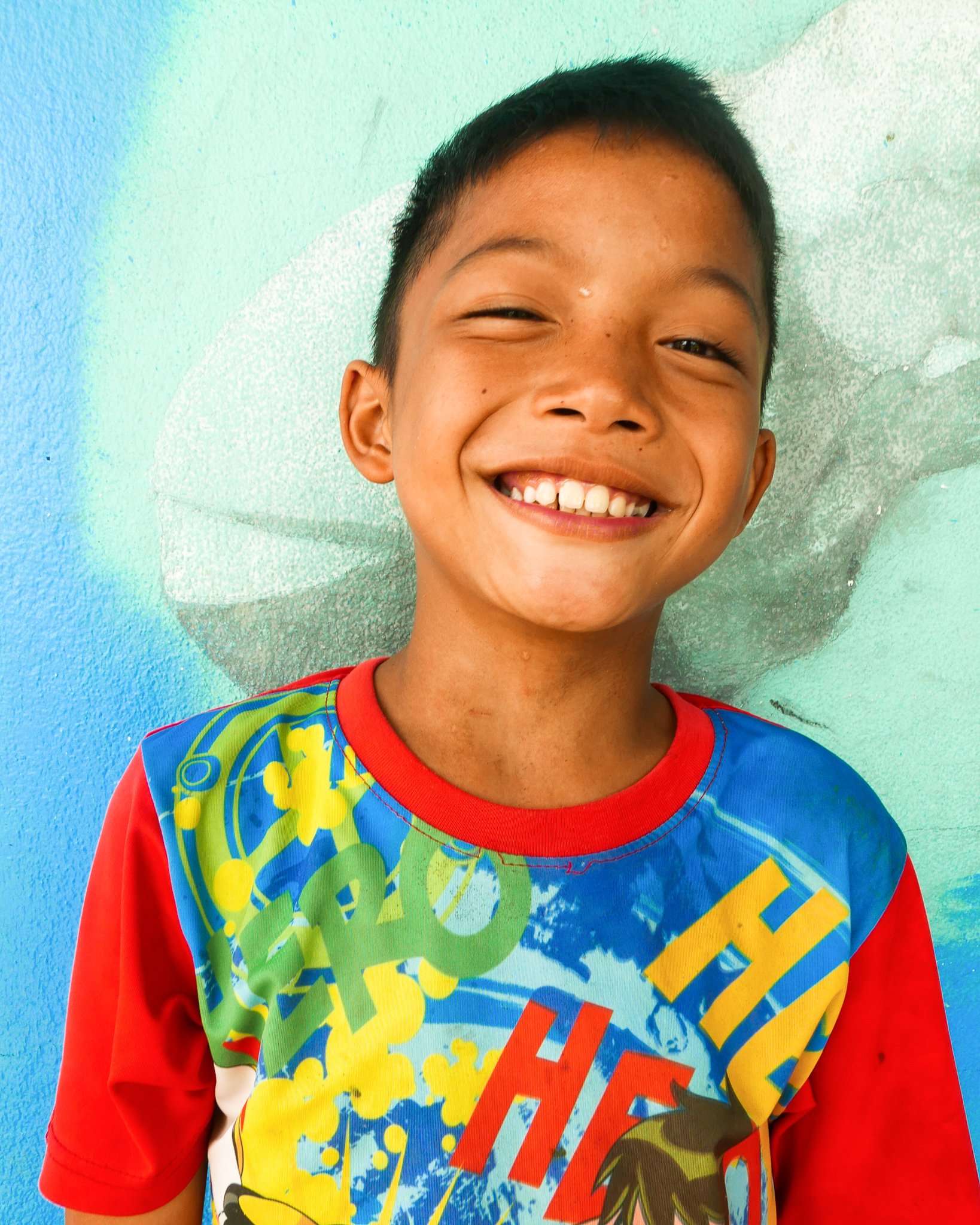Youth Engaging Youth To Fight Injustice: Indonesia Civic Youth
Innovate For Good
During our #InnovateForGoodCampaign, we’re featuring stories of innovators who inspire us. James Karnadi, founder of Indonesia Civic Youth, is passionate about engaging youth to promote social justice. In just a short amount of time, James’ organization has had a fantastic impact around the world!
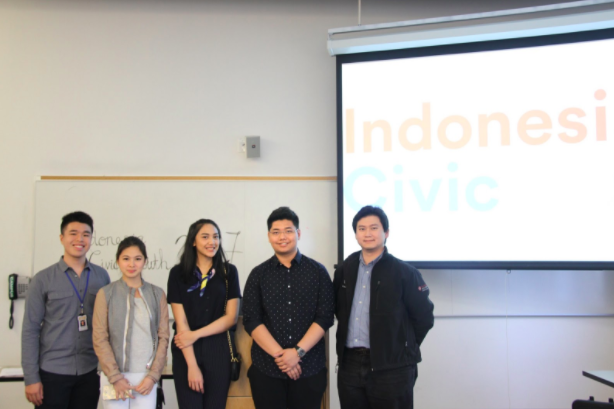
In 2017, I started Indonesia Civic Youth with a mission to develop the growth of leaders dedicated to driving social change. The main goal of this movement was to inspire innovative solutions from youth that have the potential to make domestic and international impacts. I grew up in a wealthy family in a developing country. In Jakarta, the capital city of Indonesia, I had access to a luxurious lifestyle that many other Indonesians never have the opportunity to experience. My privileged background has played an enormous role in my understanding of Indonesian structural inequality. Indonesia has rich natural resources that are plentiful yet unevenly distributed– limiting the possibility every citizen has of realizing their full potential. In fact, many wealthy families send their children to boarding schools in foreign countries, believing they are more likely to have access to greater opportunities abroad.
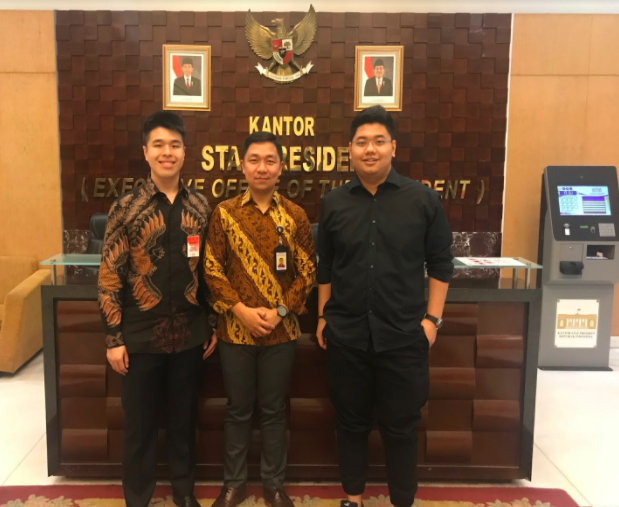
I was unable to ignore this inequality when I interned at a digital company that worked closely with NGOs, the private sector, and governments. I was amazed that my CEO, at the age of only 27 years old, could drive such impactful change just through collaborating and starting dialogue with other young leaders. It really inspired me and thought me a lesson that there is no problem too large to solve, even if the solution starts on a small scale. Now, through my program Indonesia Civic Youth, I work with a team to solve hundreds of issues domestically by concentrating on five topics: agriculture, tourism, health, energy and logistics. We work with the Executive Office of the President as a National Movement to solve domestic problems through the vision of the youth.
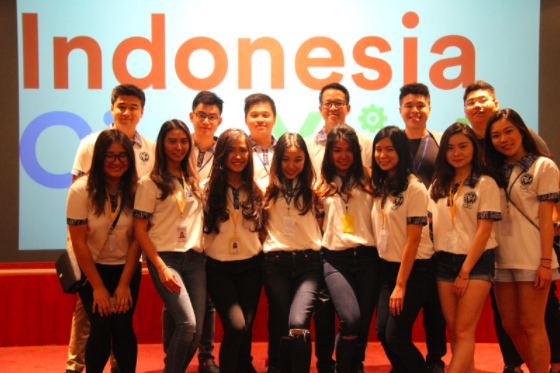
Moving forward, we have started a campaign in San Francisco and Los Angeles: #AyoJadiCivic, or in English, “Let’s be Civic.” The two main features of this program are to 1) motivate the young leaders of Indonesia to give back to the country, and 2) create a platform to be a channel for the UN. We also created a blood drive campaign #Darahmahal which means “blood is expensive.” Collaborating with the National Red Cross, we are working to fulfill six months worth of blood supply for the population of Surakarta, Indonesia. I believe that where there’s a will, there’s a way. I have finally come to a point of realization that making a change with the youth is not as simple as finding their “why”. The “why” is just the beginning of the revolution. We must move forward with action for change.

